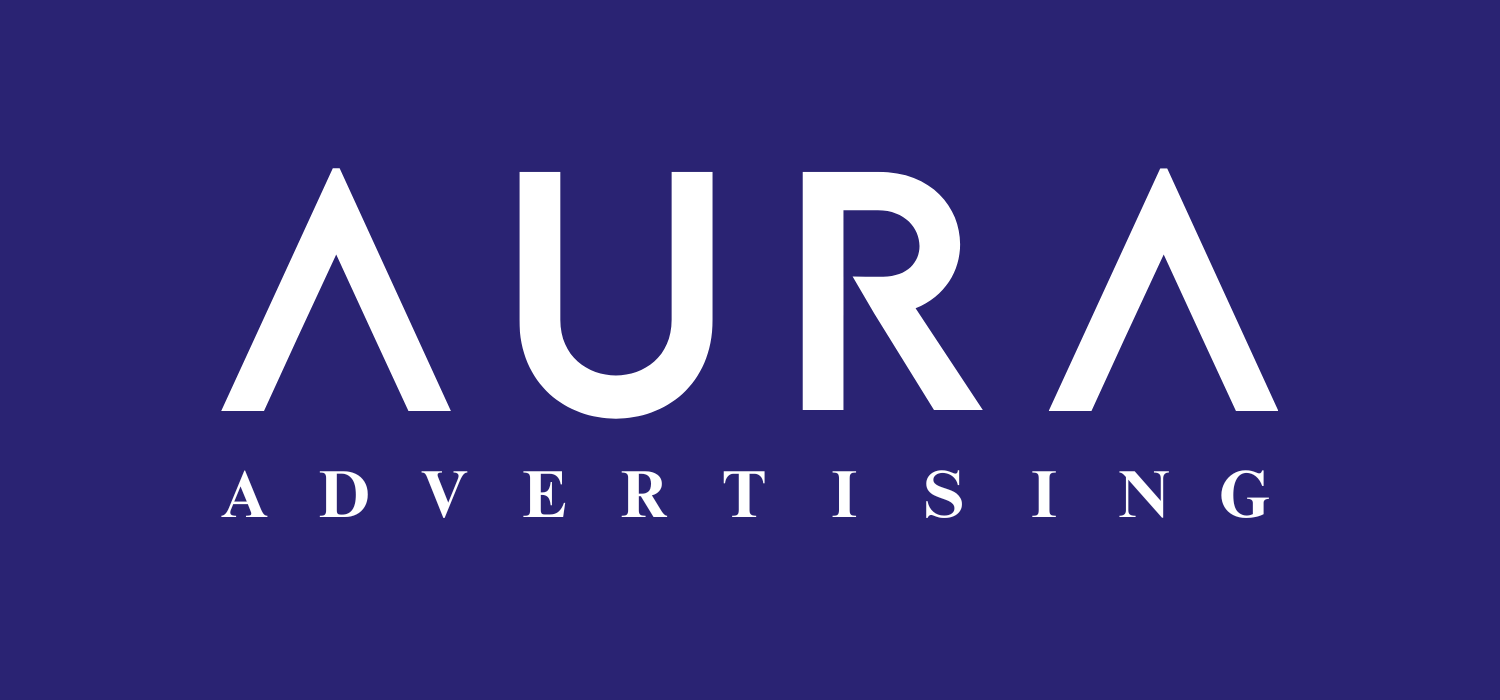The Importance of Digital Marketing for Healthcare Professionals
In today’s fast-paced digital age, healthcare professionals must embrace digital marketing to stay relevant and competitive. Digital marketing provides a platform to connect with patients, build trust, and grow a practice. For healthcare professionals, understanding the importance of this tool can transform how they reach and serve their communities.
What is Digital Marketing for Healthcare Professionals?
Digital marketing encompasses online strategies designed to promote services, build patient engagement, and establish a robust online presence. This includes social media marketing, search engine optimization (SEO), pay-per-click (PPC) advertising, email campaigns, and more. For healthcare professionals, these tools are tailored to create awareness, educate patients, and foster trust.
Why is Digital Marketing Crucial in Healthcare?
1. Increased Online Visibility
Most patients today begin their search for healthcare providers online. Statistics reveal that over 77% of patients research providers before booking an appointment. A strong online presence ensures you appear in search results, making it easier for patients to find and choose your services.
2. Enhanced Patient Engagement
Digital marketing facilitates direct communication with current and potential patients. Platforms like Facebook, Instagram, and LinkedIn allow healthcare professionals to share educational content, post updates, and interact with their audience, creating a sense of accessibility and trust.
3. Cost-Effective Outreach
Compared to traditional marketing methods like print or TV ads, digital marketing is more affordable and offers measurable results. Tools like Google Ads and Facebook Ads enable healthcare providers to reach a specific audience based on location, age, and interest.
4. Educating Patients
Through blog posts, videos, and infographics, healthcare professionals can share valuable information about treatments, preventative care, and health tips. This positions the professional as an authority in their field while fostering informed decision-making among patients.
5. Building Trust and Credibility
A well-optimized website, active social media presence, and positive online reviews significantly enhance a provider’s reputation. Patients are more likely to trust a professional with a polished and transparent digital footprint.
Key Components of Digital Marketing in Healthcare
1. Search Engine Optimization (SEO)
SEO ensures your practice’s website ranks high on search engine results. Key tactics include using relevant keywords like “aesthetic treatments in [location]” or “best dermatologists near me,” optimizing meta tags, and publishing high-quality content.
2. Social Media Marketing
Platforms like Instagram and Facebook are excellent for sharing patient testimonials, promoting health campaigns, and showcasing clinic updates. LinkedIn is ideal for networking with peers and sharing industry insights.
3. Pay-Per-Click (PPC) Advertising
PPC ads on Google or social media channels ensure instant visibility. Campaigns can target patients searching for specific treatments, such as “laser hair removal” or “dermatology consultations.”
4. Email Marketing
Email campaigns are a direct way to maintain patient relationships. Sending newsletters, appointment reminders, and special offers keeps patients informed and engaged.
5. Content Marketing
Blogging and video creation allow you to provide in-depth information on various topics. For example, an aesthetic clinic might publish articles on “The Benefits of Botox” or “How to Prepare for a Chemical Peel.”
How to Implement Digital Marketing Successfully
Step 1: Define Your Goals
What do you aim to achieve? Whether it’s increasing patient appointments, promoting a new service, or building your brand, clear goals guide your strategy.
Step 2: Identify Your Target Audience
Understand the demographics and preferences of your ideal patient. This information informs everything from content creation to ad targeting.
Step 3: Optimize Your Website
Ensure your website is mobile-friendly, easy to navigate, and optimized for search engines. Include clear calls-to-action (CTAs) like “Book an Appointment” or “Contact Us Today.”
Step 4: Leverage Social Media
Post regularly, engage with followers, and use hashtags strategically. Sharing patient success stories (with permission) can also enhance credibility.
Step 5: Monitor and Adjust
Use tools like Google Analytics and social media insights to track your campaigns’ performance. Adjust strategies based on what works best for your audience.
Real-World Example: Aesthetic Clinic Success
Consider an aesthetic clinic that implemented a digital marketing strategy involving:
- SEO: Ranking on the first page of Google for “Botox in Dubai.”
- Social Media Campaigns: Highlighting before-and-after photos of treatments (with consent).
- Content Marketing: Publishing weekly blogs about skincare tips and treatment benefits.
Within six months, the clinic saw a 45% increase in online appointment bookings and a 60% growth in website traffic.
Future Trends in Healthcare Digital Marketing
1. Telemedicine Integration
Promoting telemedicine services through digital channels will be vital as virtual consultations grow in popularity.
2. Personalization
Using data to create personalized content and campaigns ensures a more engaging patient experience.
3. Video Content Dominance
Videos, particularly short-form content like Instagram Reels or YouTube Shorts, are becoming essential for audience engagement.
Conclusion
Digital marketing is no longer optional for healthcare professionals—it’s a necessity. By leveraging SEO, social media, PPC, and content marketing, you can build a strong online presence, connect with patients, and grow your practice. Whether you’re a solo practitioner or part of a larger clinic, the right digital marketing strategy will ensure your success in a competitive industry.


Leave A Comment